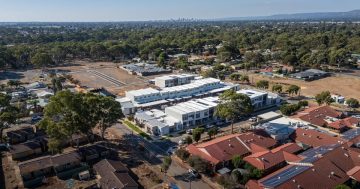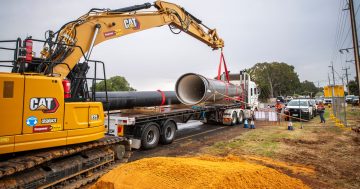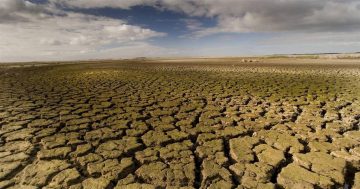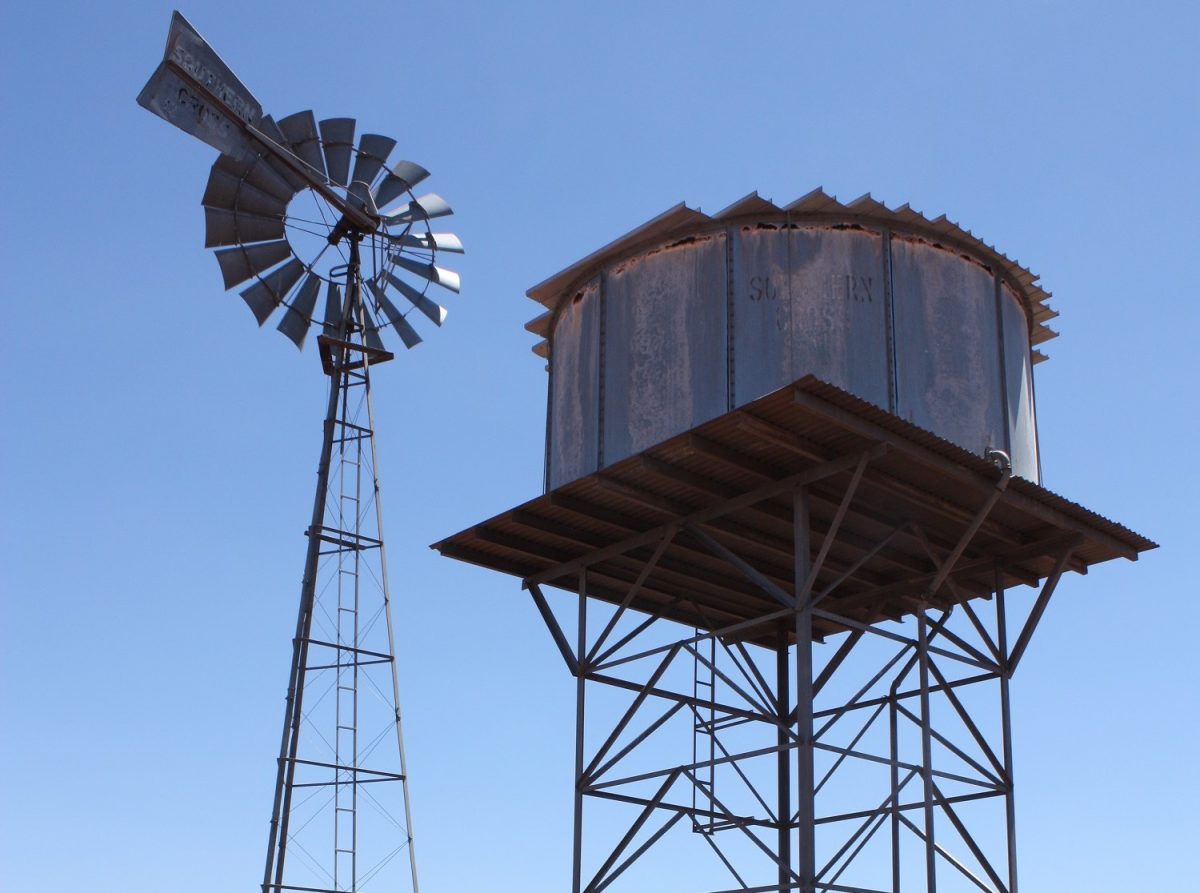
SACOSS prepared this report due to the current National Water Reform process being undertaken across Commonwealth and State jurisdictions. Photo: CSIRO.
A new report for South Australian Minister Nick Champion articulates the “deep inequality” existing in regional communities, which “has led to significant levels of water debt”.
This briefing for the Housing Infrastructure Minister was developed by the South Australian Council of Social Services (SACOSS) to understand how best to promote the interests of consumers with a disability, low-income, or who are located within a regional area.
It found the “significant problem” of water debt in remote communities was a symptom of the “systemic inequities of water pricing and unclear, often ad-hoc arrangements for water service supply and maintenance”.
“It is fundamentally unfair and unsustainable for South Australians in remote areas to have to pay such high prices for essential water compared to those elsewhere in the State,” reads the briefing. “Moreso as people in remote areas experience significant intersecting inequities around income, health, food security, housing, transport costs, climate impacts and other issues.
“A safe, secure and affordable supply of water to all South Australians – including those in regional and remote communities – must be regarded as the absolute minimum requirement for water service provision.”
The report welcomed reforms to the Residential Tenancies Act, and large-scale projects like the Housing Roadmap and State Prosperity Plan. However SACOSS believes they “give insufficient attention to equity for water users” that “can no longer be ignored”.
It claims the scale of water bill increases will undercut any efforts unless the SA Government subsidised water provision “similar to that provided for remote energy supply”.
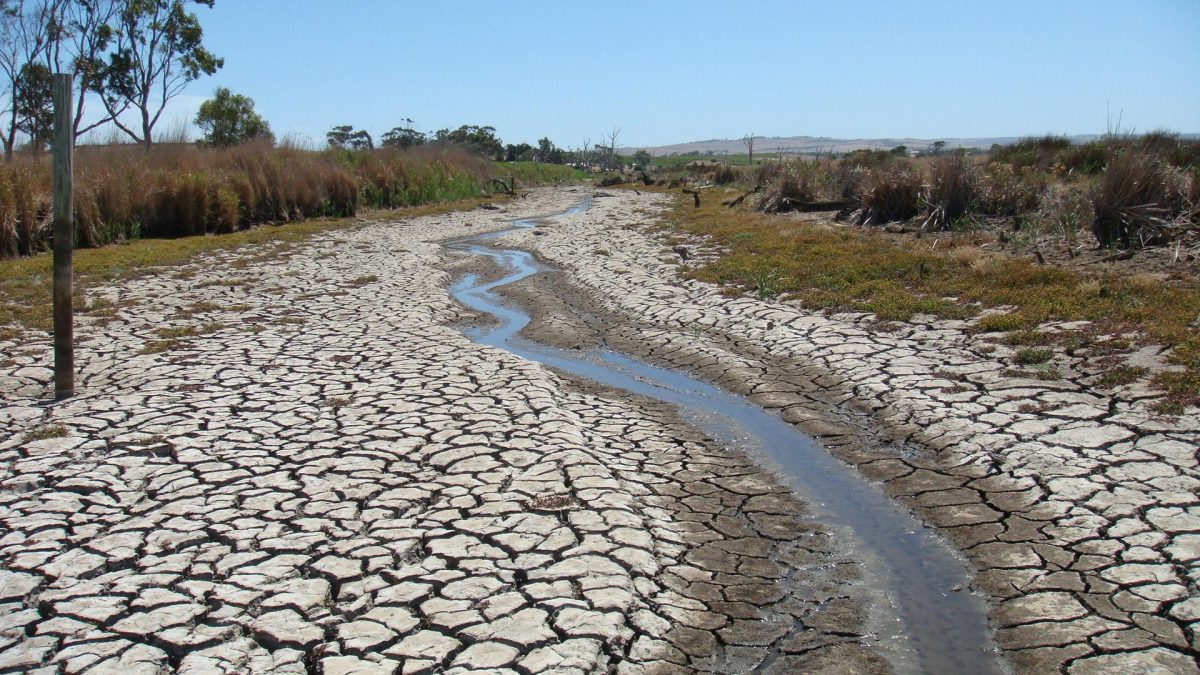
Dried and cracked soils in the Lower Lakes region of South Australia during the Millennium Drought. Photo: Luke Mosley.
An example the report details is within the Aboriginal community at Umoona, located in the state’s far north, “which has been dealing with a range of interconnected water service provision issues for decades”.
“The very high historical prices of water for Umoona, along with infrastructure problems like undetected leaks, have led to a water debt for the community of (at one point) up to $317,837.”
Due to the collective efforts of government and NGOs this debt has been reduced to $45,538 (as of 1 July 2024), largely thanks to a series of workshops in Coober Pedy that helped to clarify parties’ responsibilities and obligations.
However the report notes, “these problems highlight broader ongoing concerns with complex and ad-hoc water service provision that may exist in a regulatory grey area”.
Another concern for SACOSS is the 2024-28 SA Water Regulatory Determination (SAW RD24), which has raised significant questions around the increased use of Ministerial Directions for capital expenditure, including around transparency, cost-reflective pricing and political interference.
While several measures included within it are “broadly supported by SACOSS”, the report asserts that under it: “SA Water customers will be facing increasing water bills, as a result of expenditure directed by the Minister”.
In April, the ministerial responsibility for SA Water was moved from Deputy Premier Susan Close to Minister Champion.
Six days before the publication of SAW RD24 in June, he issued a Ministerial Direction for SA Water to increase spending by 75 per cent, in comparison to its last determination from 2020.
“Concerningly, 98 per cent of this increase was Directed by the Minister and not scrutinised by the Essential Services Commission of South Australia (ESCOSA) for prudence or efficiency,” reads the report.
Essentially, the report claims the Minister is using directions and the Treasurer’s Pricing Order power “to recover the cost of large infrastructure projects from water consumers outside of the independent regulatory process in SA”.
SACOSS raised its concerns about this practice when it began under then Minister David Spiers in 2020.
However “given the regressive nature of water bills”, the peak body is now “calling on ESCOSA to monitor the delivery of these infrastructure projects by SA Water, to ensure South Australian Water consumers are not paying for inefficient or imprudent expenditure through their water bills”.


